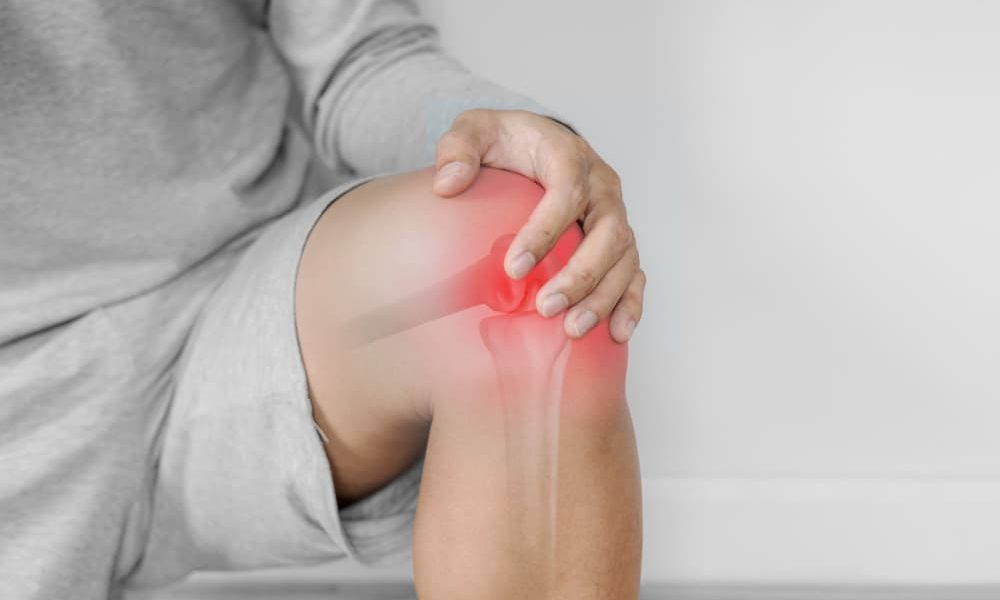
If you want to feel free and alive again, the first step is to know how to quit cocaine. Discover all the methods to get out of the tunnel.
Cocaine it’s a drug who has found his place in society over the years, and his addiction has had devastating impacts on many lives.
Quitting cocaine can seem like a daunting task, but with the right information and the right support, it is possible. In this article, we are going to explore how to quit cocaine, what it means to be dependent on it, and provide you with guidelines and advice to help you on this path.
What is cocaine?
Cocaine is a powerful central nervous system stimulant, originating from the leaves of the coca plant that grows naturally in certain regions of South America. When consuming it, the individual experiences a quick feeling of euphoria noticeable increase in energy and a temporary feeling of invulnerability and power.
Its chemical structure is responsible for blocking the reabsorption of certain neurotransmitters in the brain, such as dopamine, which results in high levels of these chemicals in the nervous system. However, the dark side of this drug is shown when, after the brief euphoric effect, the user may feel anxious, paranoid or even aggressive.
The regular and excessive consumption This substance not only causes physical and mental damage, but also leads the user to intense physical and psychological dependence, chaining their life to a cycle of consumption.
Cocaine dependence and addiction
The physical dependence of cocaine manifests itself when the user’s body adapts to the constant presence of the drug and needs its consumption in order to function correctly.
If the individual tries to stop it, his body reacts by producing withdrawal symptoms which can include fatigue, depression, increased appetite, and nightmares.
On the other hand, the psychological dependence It is even more complex. This refers to the immense need or compulsive desire how the user feels about consuming cocaine.
It is not simply a passing desire, but an obsession that can dominate the thoughts and actions of the individual, making them feel that they are unable to cope with their daily lives without the drug.
How to Quit Cocaine: A Detailed Path to a Better Future
Recognition: Understanding the problem is the beginning of any solution. Recognizing that one has a cocaine problem is not a moment of weakness, but rather a flash of clarity, an epiphany. It is the first affirmation that you are ready to reclaim control of your life. By admitting that there is a problem, you are laying the first stone on the path to a substance-free life. Think of it as the dawn after a long night; It is the first ray of light that illuminates a day full of possibilities.
Seek professional help: The fight against cocaine addiction can seem mountainous. But, as with any mountain, having the right equipment and guidance makes the climb easier. The experience and knowledge of professionals such as psychologists, therapists, and addiction doctors are vital. These experts, with their training and experience, can provide personalized insights, tools and techniques that make the abandonment process more bearable and, ultimately, successful.
Support from family and friends: Imagine that you are going through a dark forest. Family and friends act as the flashlight that illuminates the path. They can be that constant reminder of why you decided to embark on this journey in the first place. Their words, their hugs, their moments of encouragement can be the spark you need to keep going, to remind you that there is something beyond addiction, that there is love, understanding and, above all, hope.
Helpful Alternatives and Tips for a Steady Path
Group therapies: Imagine a safe space where every person understands your struggle because they are struggling too. Group therapies provide that refuge. By listening to and sharing stories, challenges, and triumphs, you can find a sense of community, a place where there is no judgment and where recovery is encouraged. It is a platform to learn, grow and above all, remember that you are not alone in this challenge.
Medication: Sometimes the body and mind may need a little extra help to get through the difficult phases of withdrawal. Under appropriate circumstances and under strict medical supervision, certain medications may be helpful. These can ease withdrawal symptoms or reduce the overwhelming urge to use, acting as a bridge to recovery.
Avoid triggers: We all have memories, places, situations or even people that take us back to moments we would rather forget. Identifying these triggers is like mapping the pitfalls on a path. Once you know where they are, you can avoid them or confront them with the right tools.
Common mistakes and how to avoid them
Don’t underestimate addiction: Cocaine, with its insidious addiction, can trick the mind into believing that control is within reach. The idea of “just one more time” is a dangerous illusion. This error in judgment can be a detour off the path to recovery, or worse yet, a setback. It is essential to always keep your guard up and remember the reason behind your decision.
try it alone: While it’s true that the decision to quit cocaine is in your hands, the journey is undoubtedly easier with support. Like any journey, there will be difficult times, bumps in the road, but with the right help and guidance, these challenges can become milestones of your success. It is not a sign of weakness to seek help; It is an act of strength and wisdom.
Conclusion
Quitting cocaine is a process that requires commitment, willpower and the right support. While it may seem challenging, With the right resources and help, it is possible to regain control of your life.
If you or someone you know is struggling with this addiction, remember that there is always hope and taking the first step toward quitting cocaine can change a life forever.







